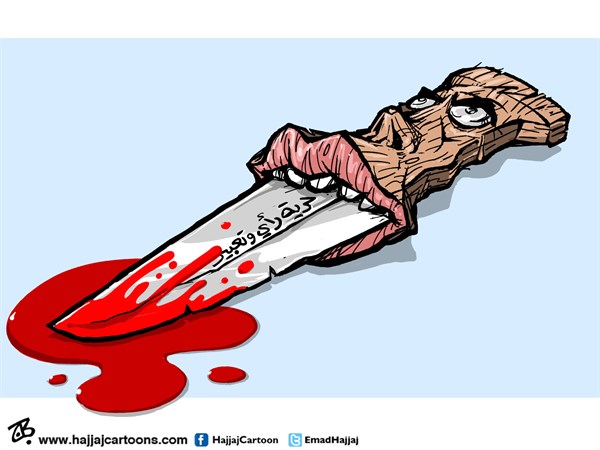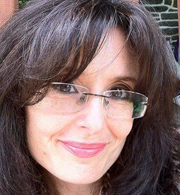
When the Tufts student was arrested by ICE for an op-ed she wrote condemning Israel, many protested the "criminalization" of words.
"She just wrote a column," they said.
As someone who makes a living choosing the correct words to persuade people to my point of view, whether it be on social media or in the courtroom, I’m extremely skittish about telling someone else how to use them, and how to express themselves.
But words can be weapons. They can desensitize us to the humanity of people. Nazis did that with the use of the word "swine" to describe Jews. Words have inherent power.
We call Gazans by these words: "babies," "mothers," "children," "victims."
Many called the victims of Oct. 7th "Zionists" or "music festival attendees."
You can see the way that society moves us in one direction, or another, by the words we use to define people.
When you strip humans of their dignity, as when you call an unborn child a "fetus," you establish a precedent that makes them "less than." And you cannot then feign surprise or abdicate responsibility for the brutal consequences.
I said this when Donald Trump was almost assassinated in Butler last year. I read through the comments made about him over the months leading up to the election, and while some were the innocuous blather of people with too much time and free Wi-Fi, some of it was chilling.
I said then that words, used in a strategic manner, can kill as neatly and as cleanly as the bullets they set in motion.
We saw that again, in a particularly tragic way, last week.
Two employees at the Israeli Embassy in D.C. were shot to death by a man who then used these words: "Free Palestine, Free, Free Palestine!"
Their names were Sarah Lynn Milgram and Yaron Lischinsky. Sarah was 26. Yaron was 30.
They were in love, and Yaron had bought an engagement ring to give Sarah. Now they will likely be buried together.
Words did not kill them directly. The bullets from the gun fired by a man who I will not name, did that. But words were the propulsant behind the hatred, and the hatred moved the killer, and the killer shot the gun.
We have dismissed what some have called "soft antisemitism" as mere "anti Zionism." We have pretended that being against Israel is not the same thing as being against Jews.
We all know what they are doing when they criticize Israel, and remain silent about Hamas.
We all know what they are doing when they mourn the deaths of children in Gaza and barely mention the children murdered alongside of their parents on Oct. 7.
We all know what they are doing when they define legitimate acts of defense by a country that has been under attack since the very moment of its creation as "genocide."
And we know what they are doing when they scream, or timidly whisper at suburban cocktail parties, "Free, Free Palestine."
They are quite simply focusing a scope against every person who identifies as Jewish in this country, and in the greater world.
I am a Catholic. My antennae are finely attuned to anti-Catholicism, which is on the rise. I even see it from some of the Jewish acquaintances I meet, who bemoan the fact that "we" want to "convert" them, as if we all descended from Torquemada.
That is a form of anti-Catholicism that will never disappear, and I have reconciled myself to the fact that there will always be people who suspect us of the sins of our fathers.
But I do not walk the streets in fear. I have purchased beautiful lace veils that I wear at Mass to let people know who I am andwhat I profess. I am very proud of my heritage and my faith.
Most of my Jewish friends have to think a moment before fastening that Star of David at their throats, or putting on the yarmulke.
And the fact that most of them still do those things, in public affirmation of their identity, is a tribute to their courage in this climate. But the fact that they need to hesitate is the shame.
And that is due uniquely to words, words used as weapons, as disinformation, as dehumanization, as the precursor to bullets.
Until we acknowledge that and stop allowing the Free Palestine movement to keep replenishing their arsenal with dangerous words, we will have more Yarons and Sarahs, joined not in life but in eternity.
–
(COMMENT, BELOW)
Christine M. Flowers is a lawyer and columnist.


 Contact The Editor
Contact The Editor
 Articles By This Author
Articles By This Author